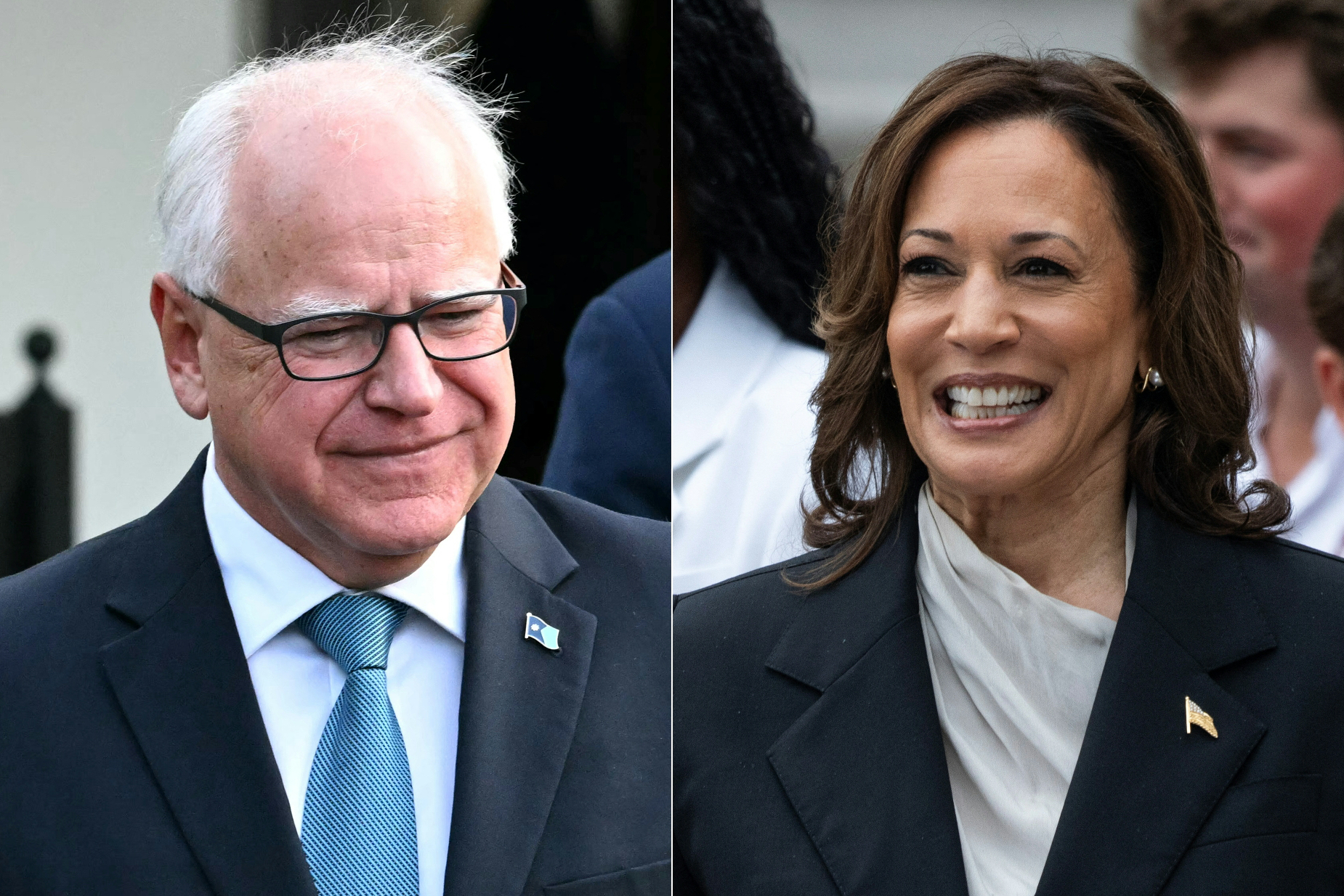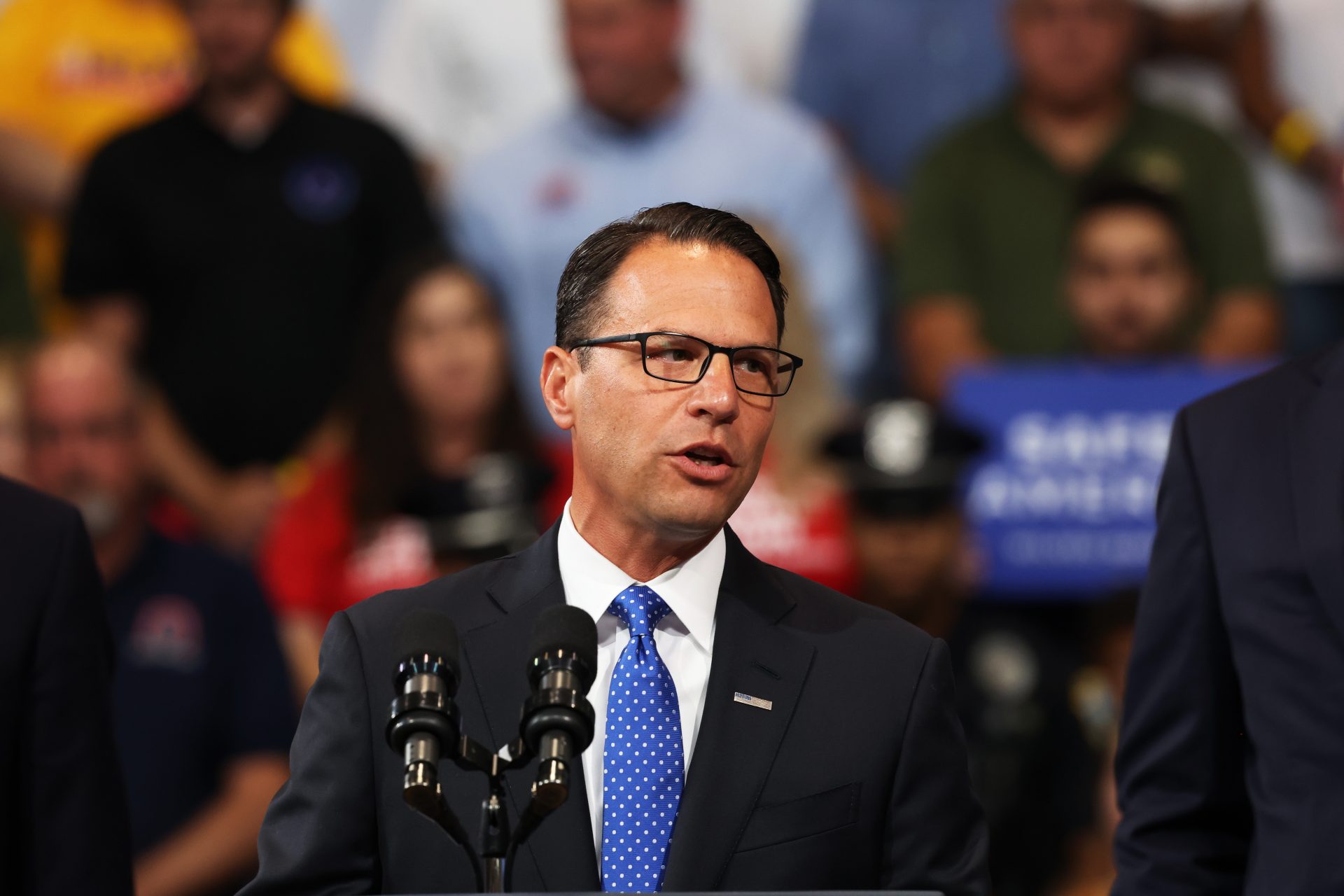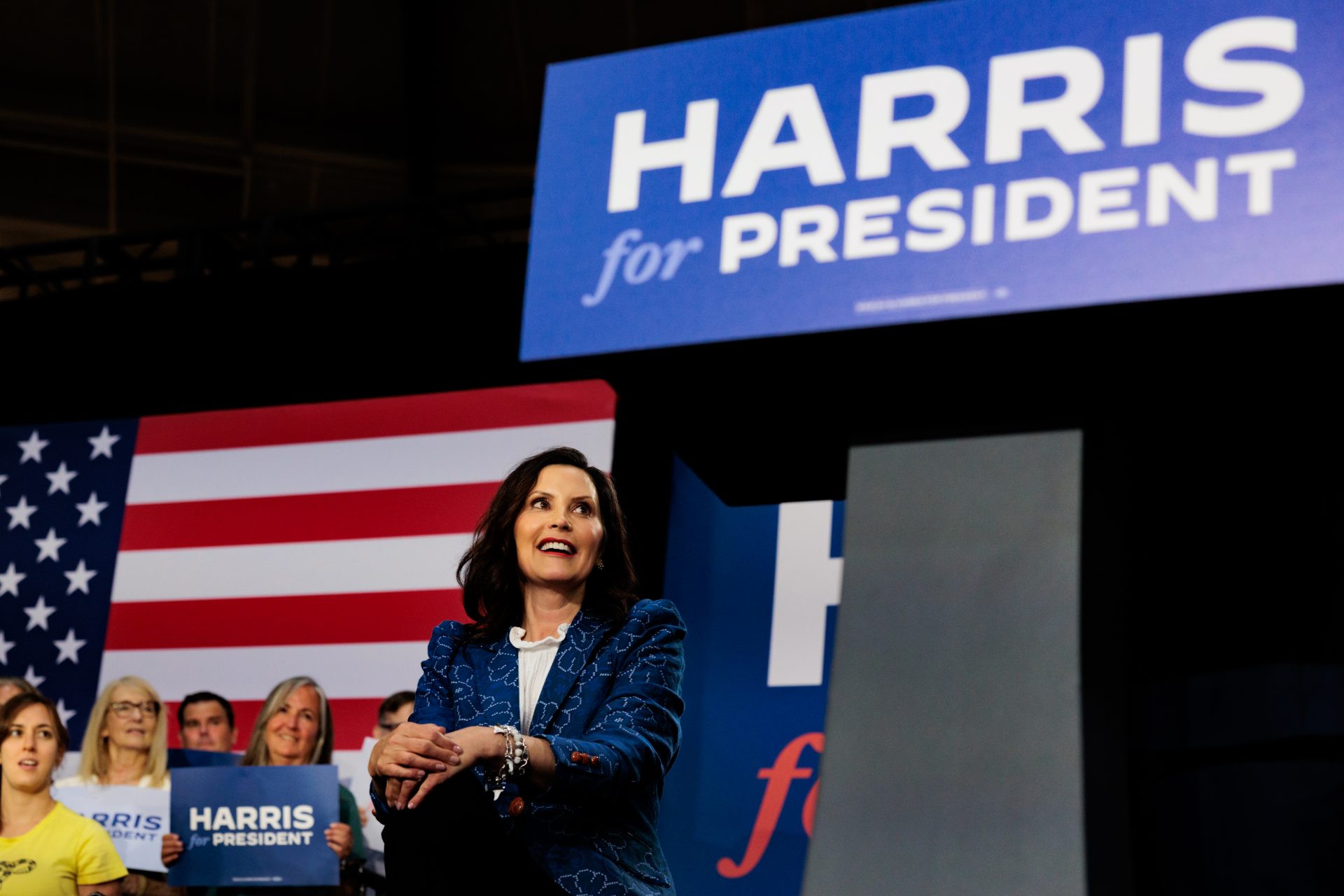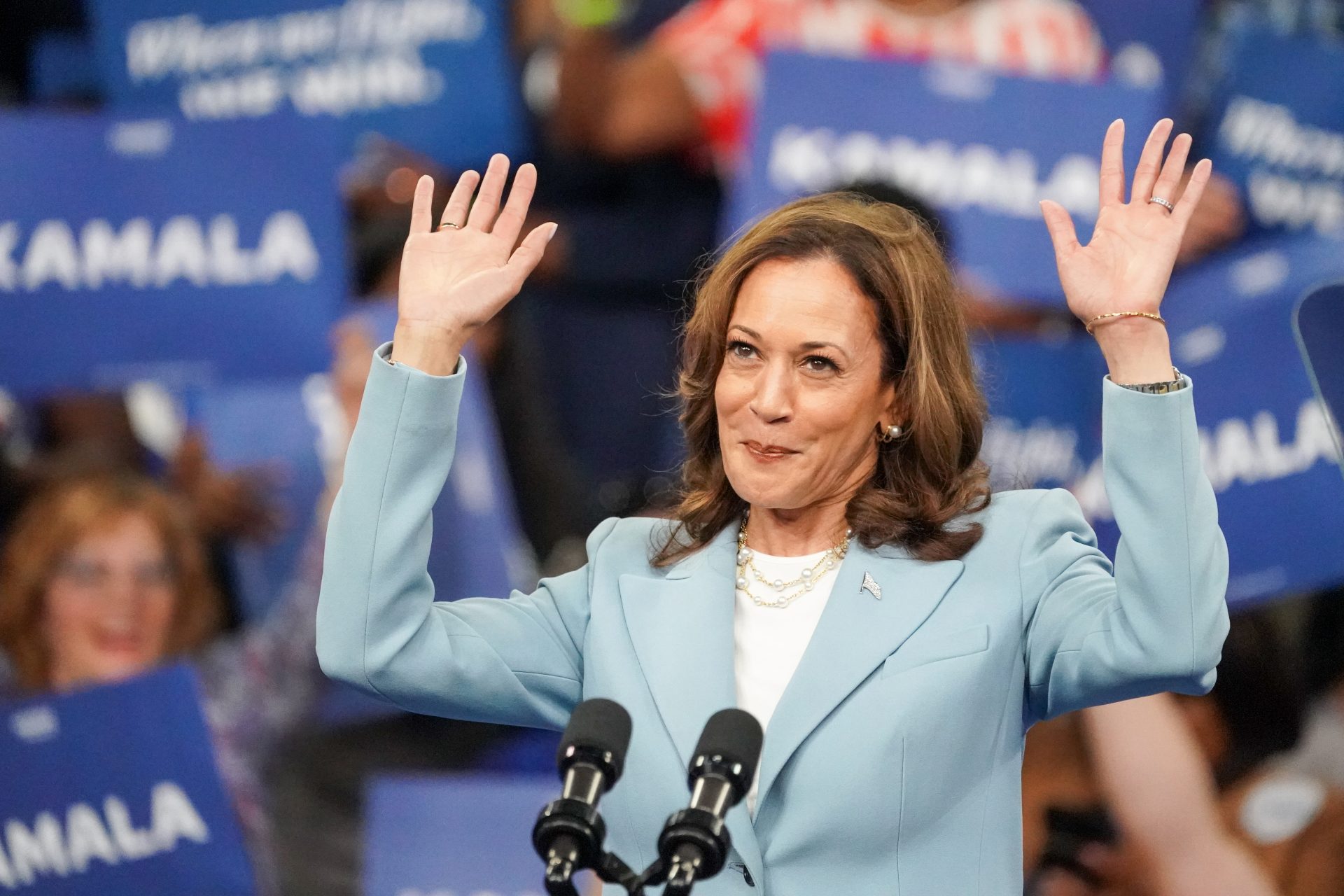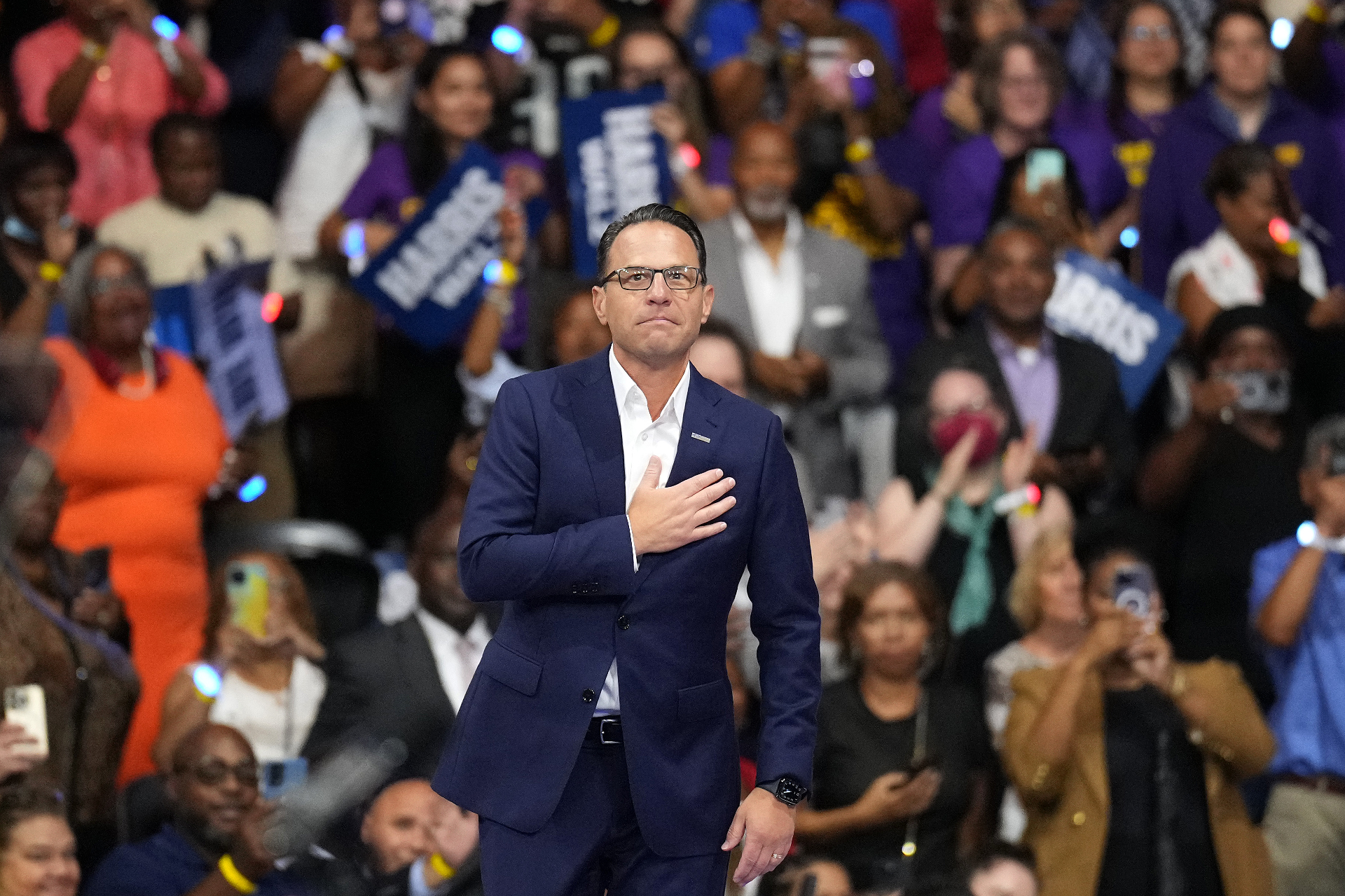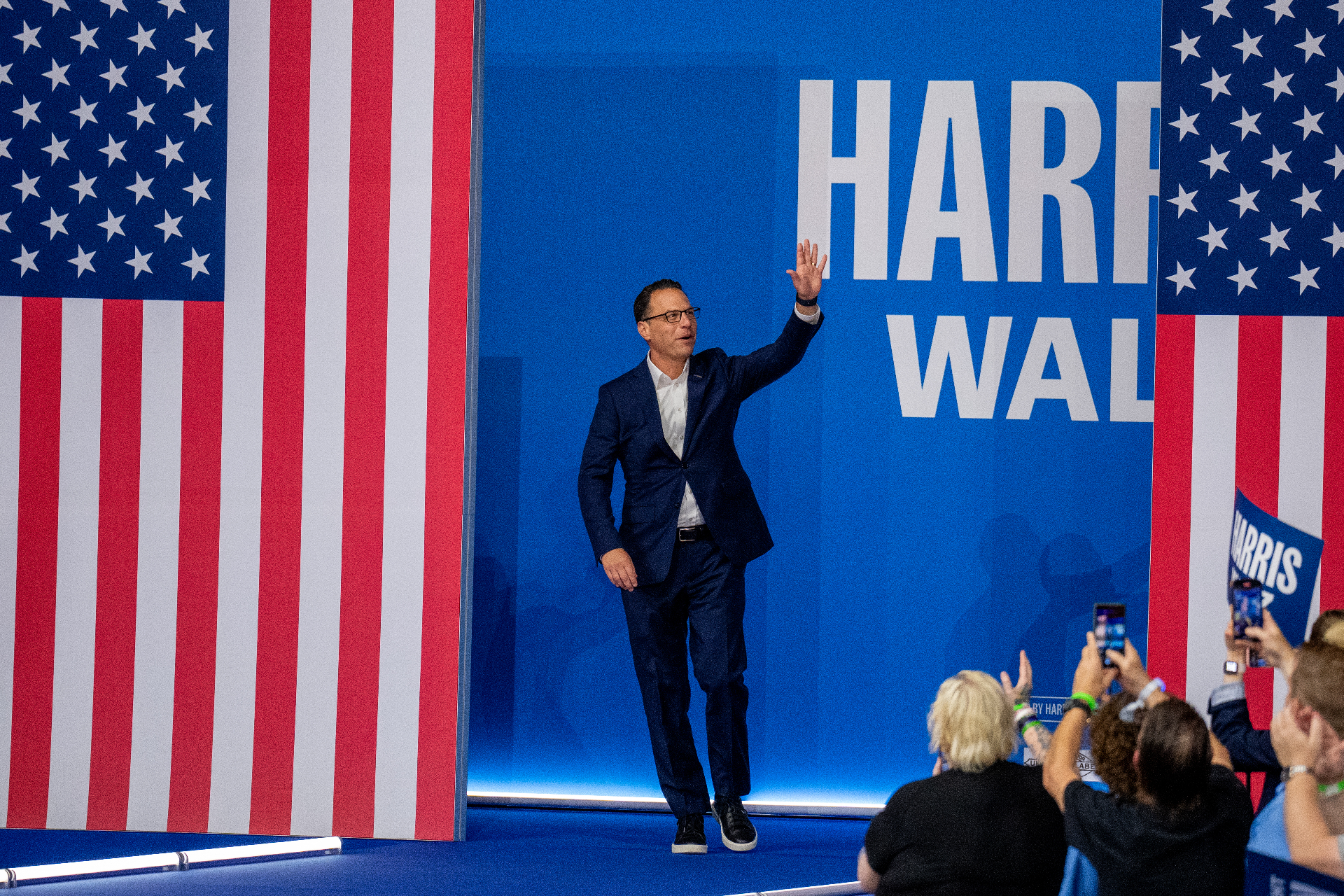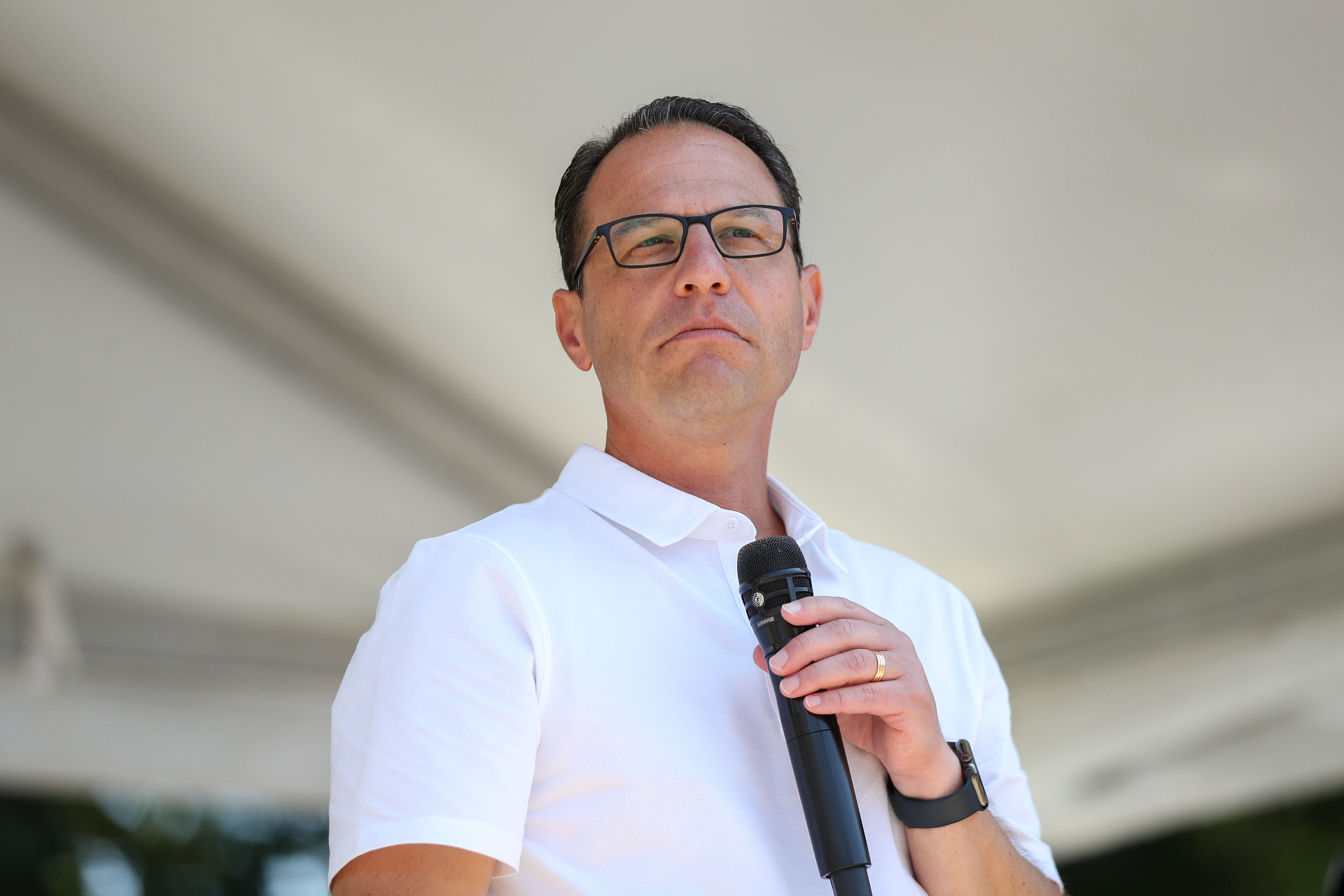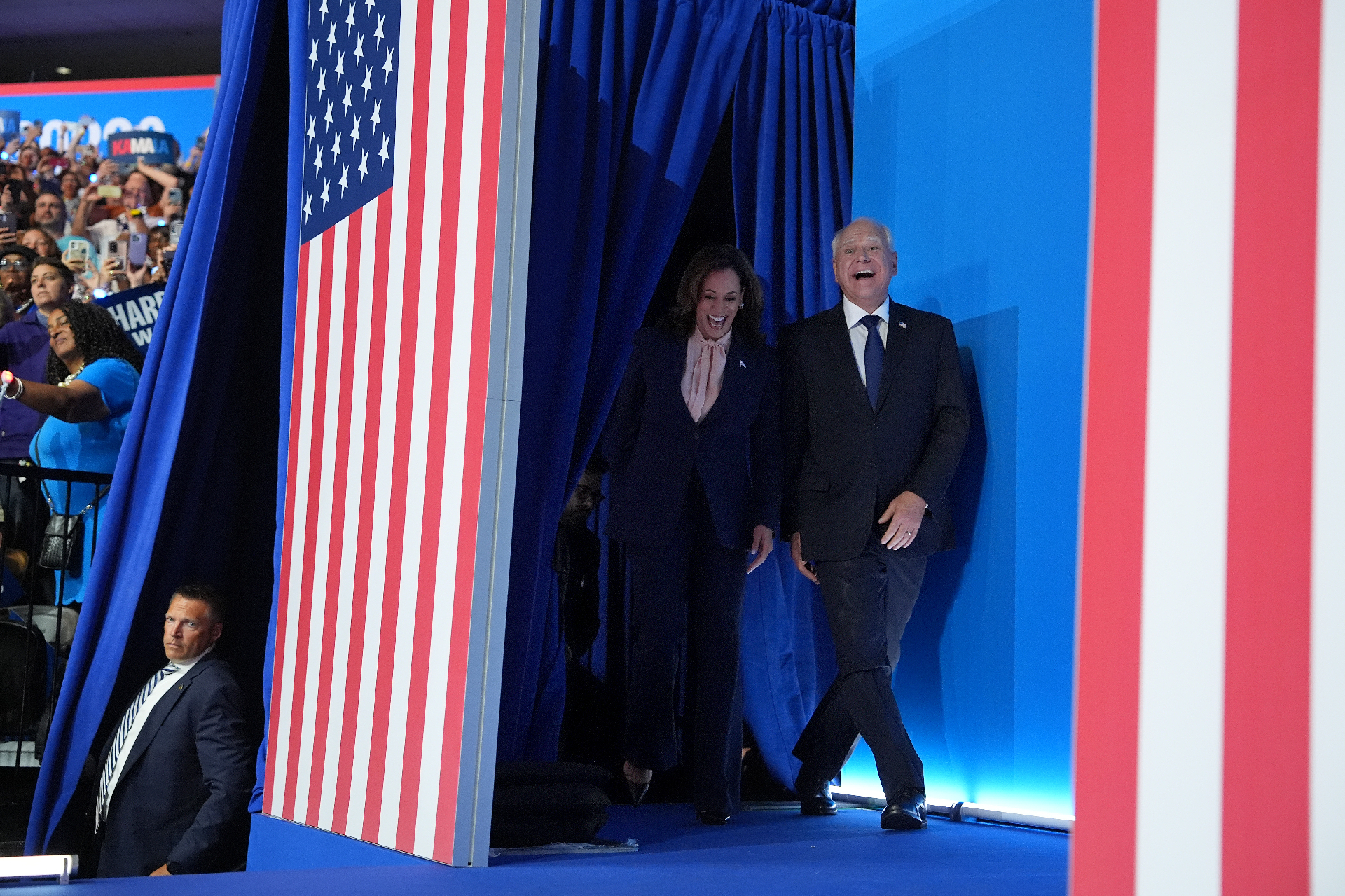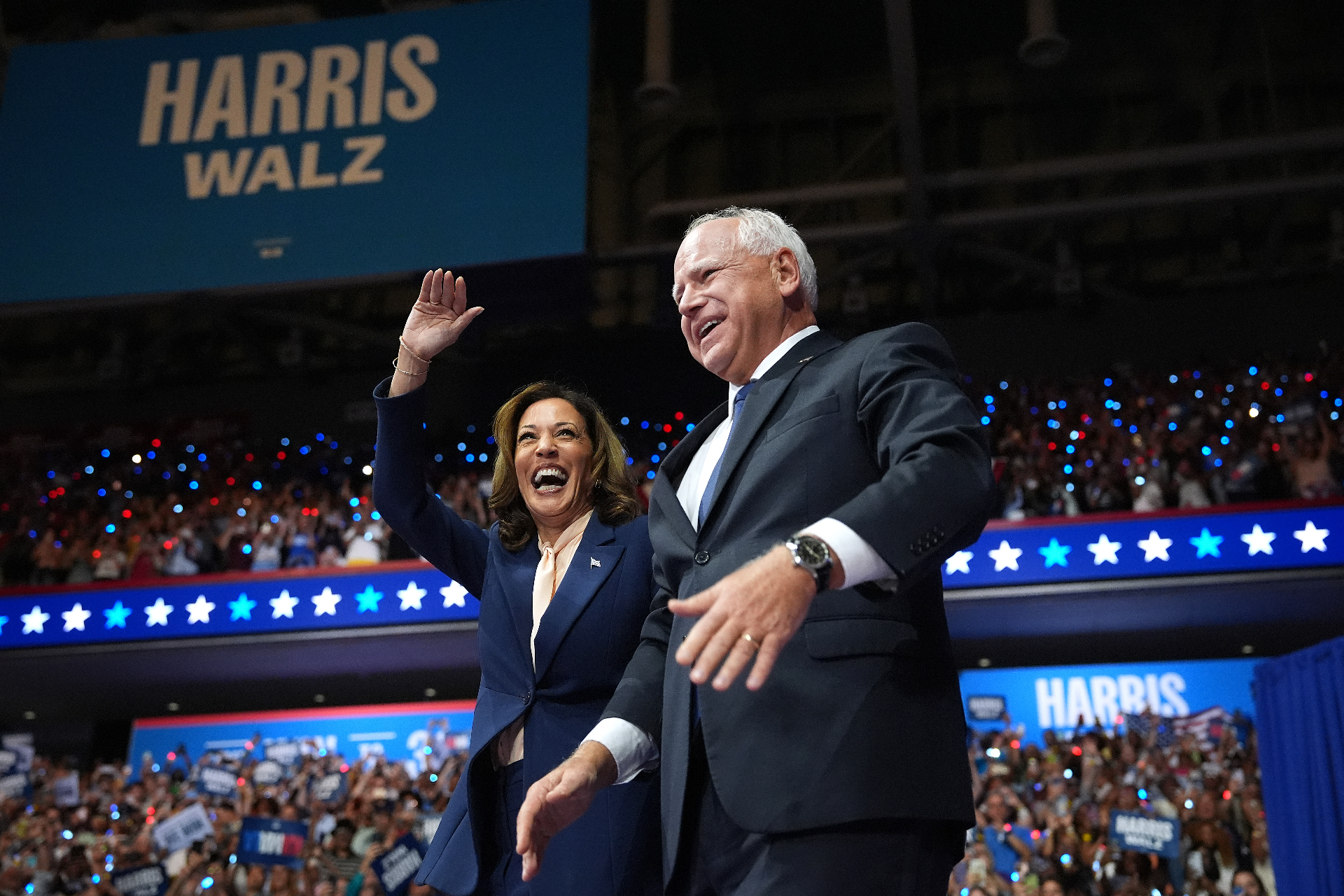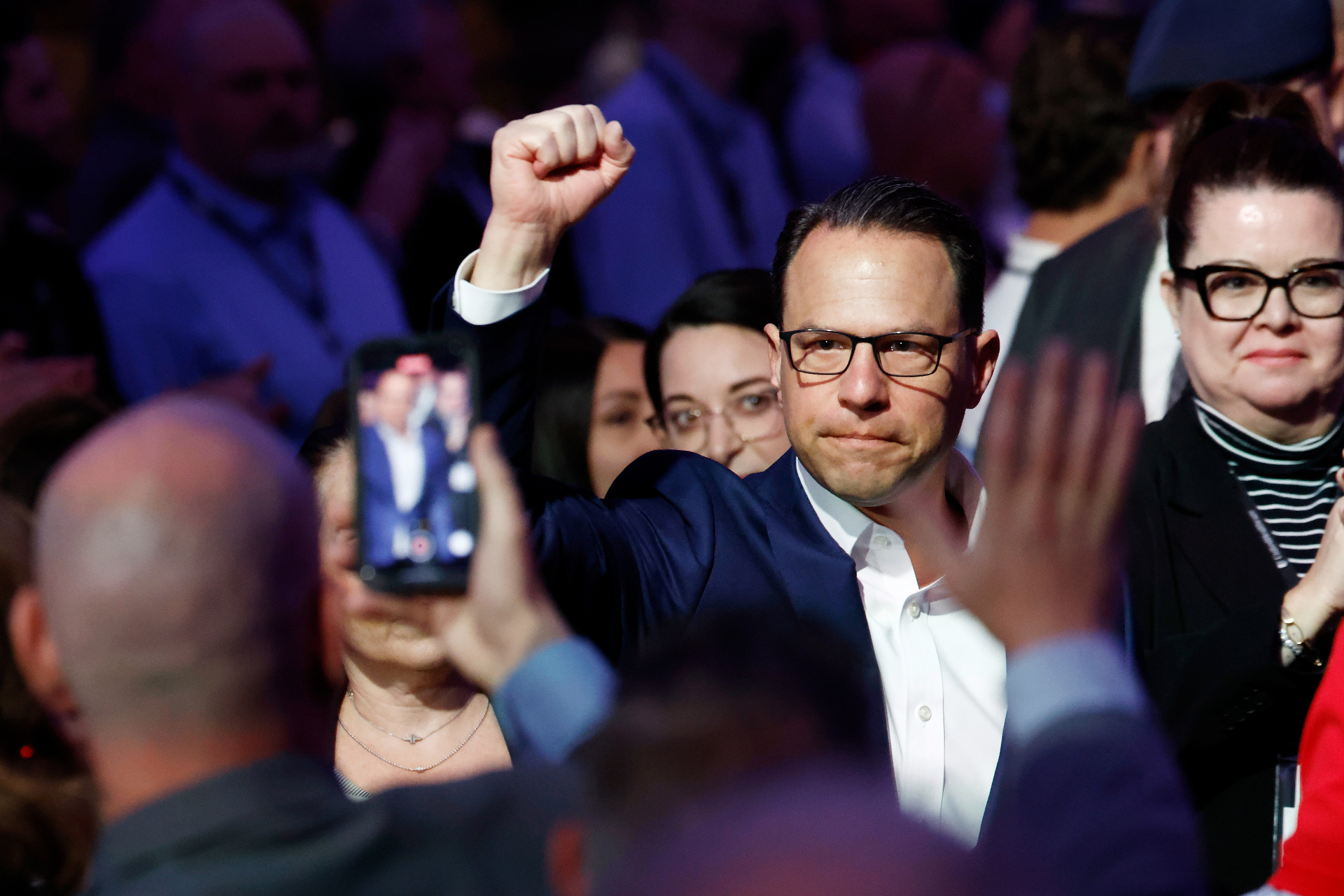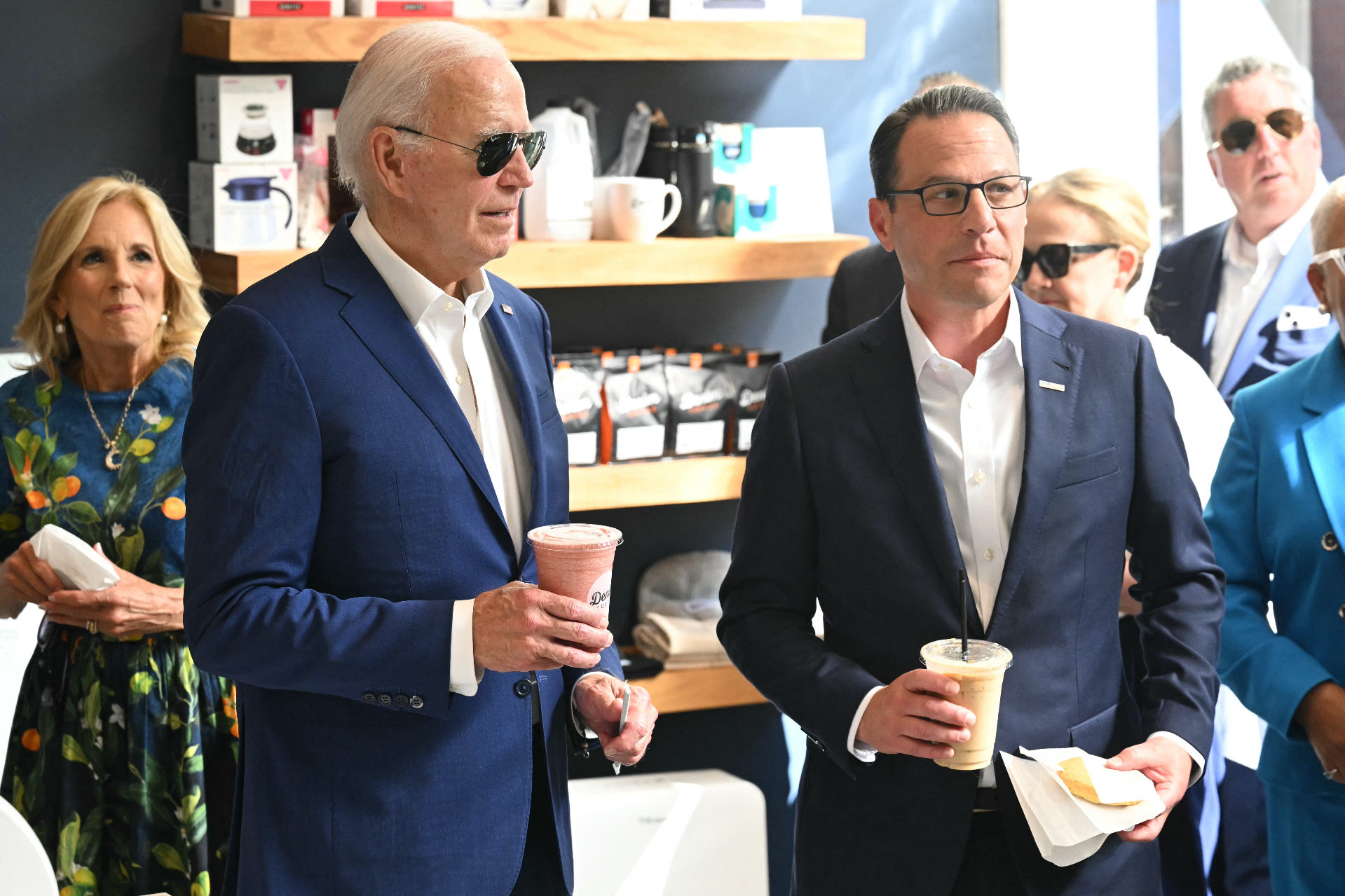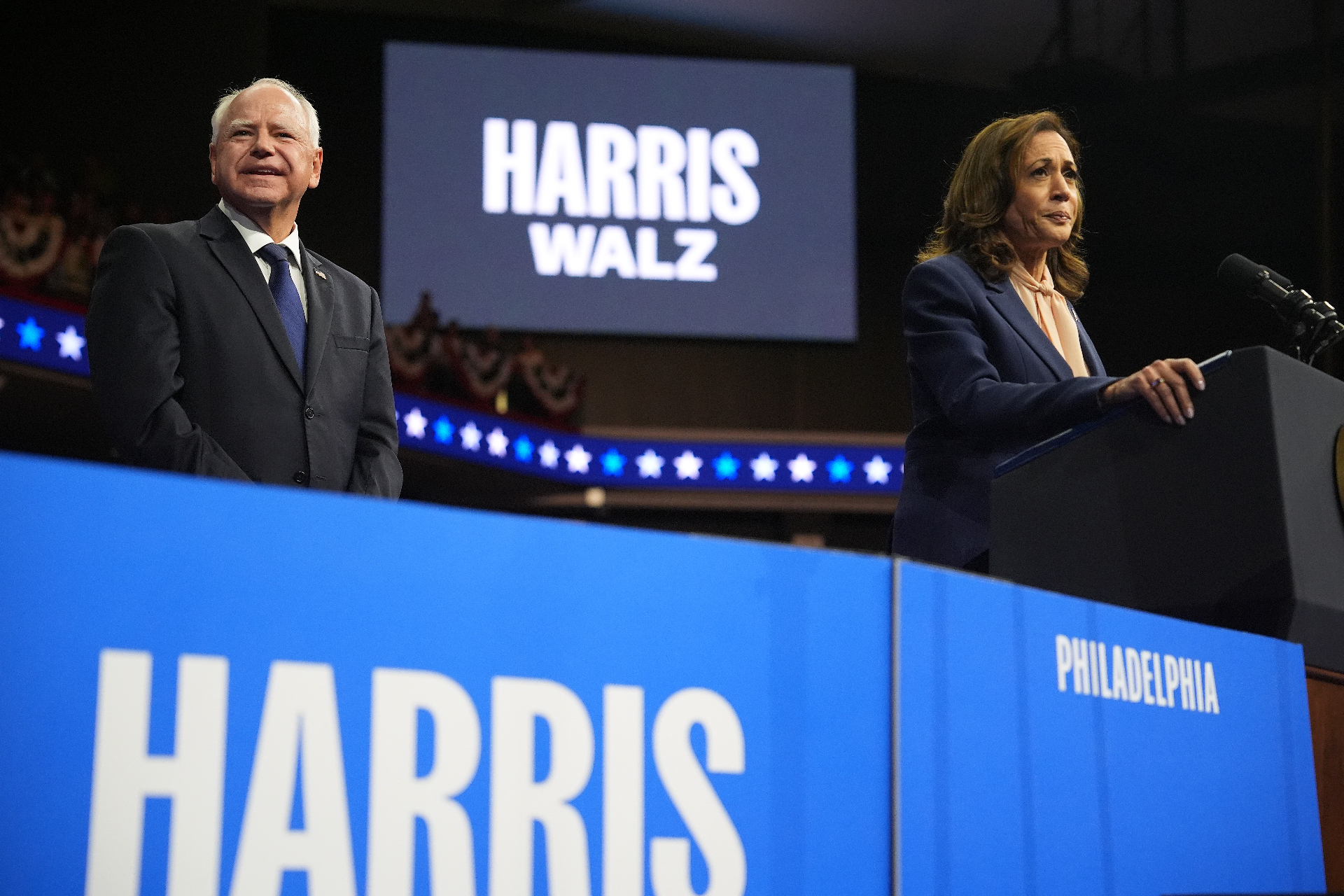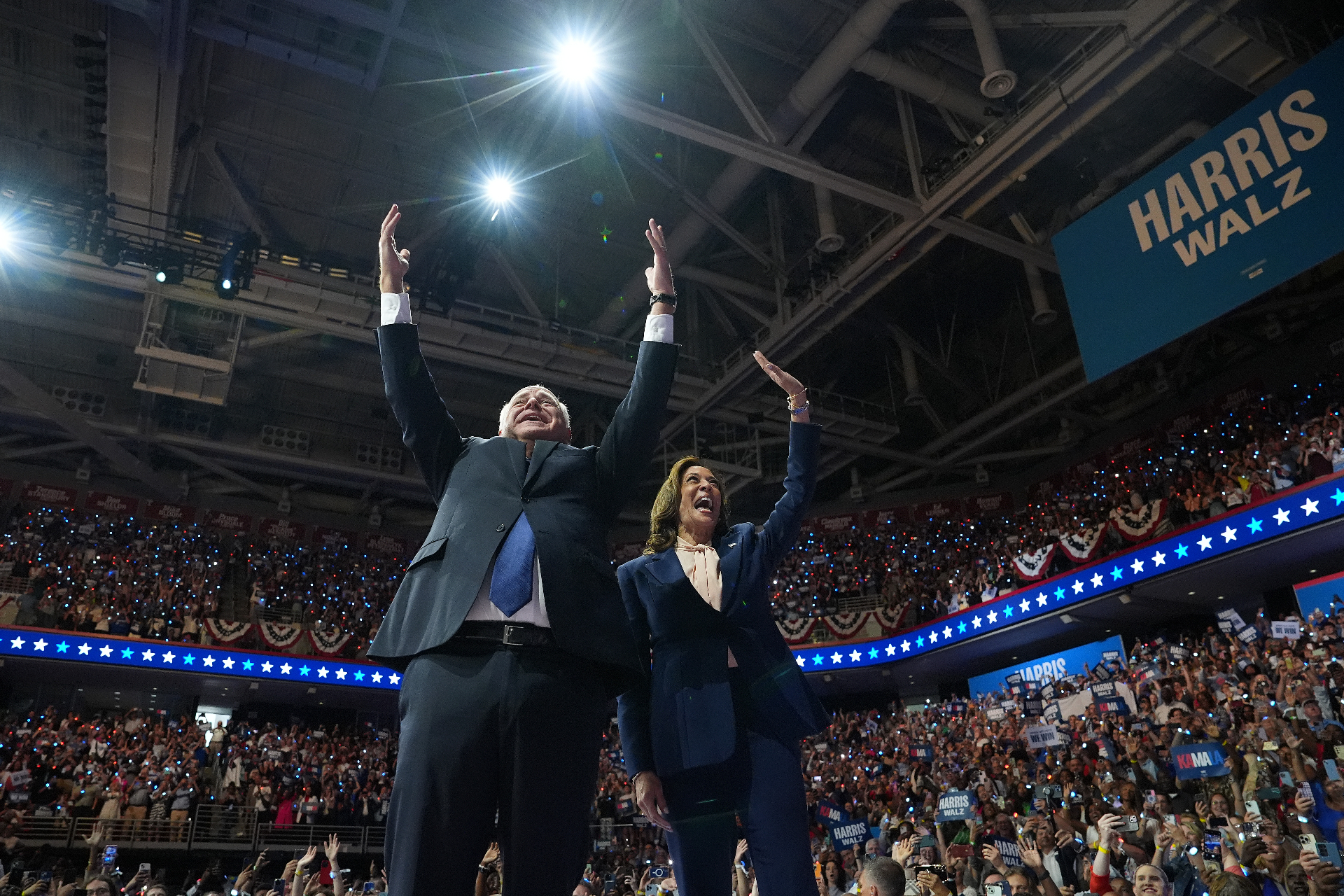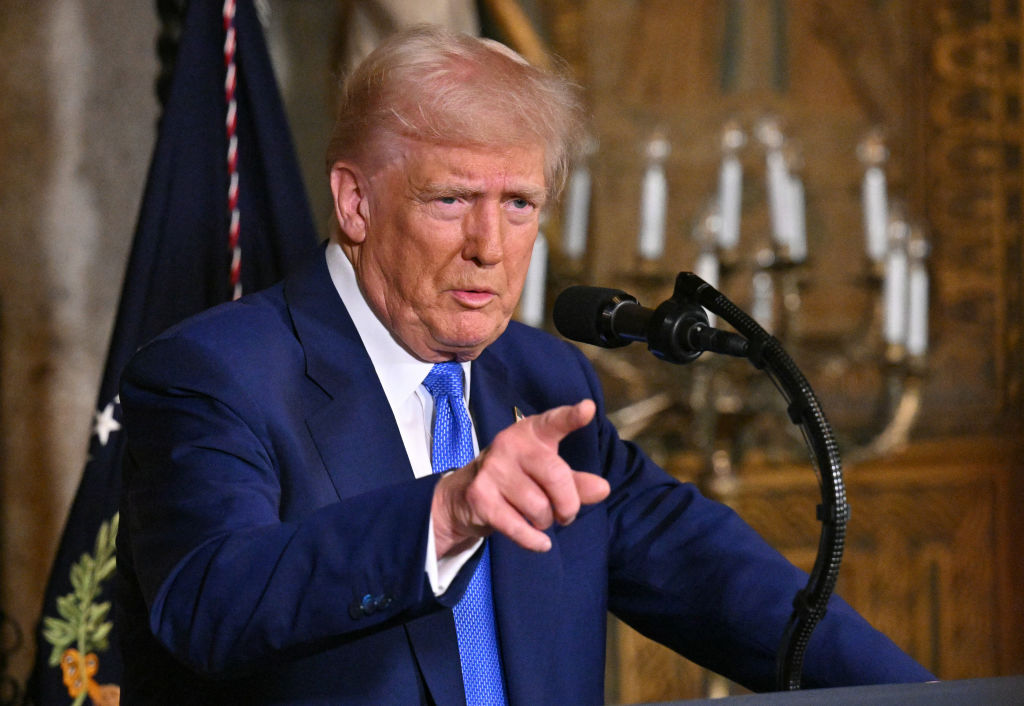Are the antisemitism outcries behind Harris's VP choice true?
The reaction of Republicans to Tim Walz's nomination as VP candidate fell along two lines: one complaining about Mr. Walz's policies, the other about who Vice President Harris didn't pick.
Republicans suddenly became advocates of Josh Shapiro, the Governor of Pennsylvania, who was also on the shortlist and seemed like the obvious choice.
Some Republicans accused Vice President Harris of antisemitism. They said she caved into the pressure of the "far-left" areas of the party and their views of Mr. Shapiro.
They referred to the Governor's views on the Middle East and his support for Israel. The issue has been divisive inside the Democratic party due to the recent conflict.
The surprising fact is that some Democrats agree. According to Politico, some of Mr. Shapiro's supporters aligned with Republicans, raising the theory that he was rejected because he's an observant Jew.
Chris Cuomo suggested that Mr. Shapiro's faith might have been the reason. Beyond the Middle East conflict, he wondered if it was because the campaign didn't want two minorities on the ticket.
According to Politico, David Greenfield, a Democratic player in New York, told Playbook that he was disappointed about the campaign some party members had led against Mr. Shapiro.
Naturally, the final ticket inspires doubts. Mr. Shapiro was the most practical choice: He controls a swing state, is as popular as Mr. Walz in his state, and has a higher national profile.
According to the NY Times, the run to become Ms. Harris's running mate turned into a divisive, competitive behind-doors primary. During the last phase of the vetting process, the infighting became vicious.
The newspaper said that some of the party's more progressive wing advocates were intensely attacking Mr. Shapiro for his views on the Middle East, even though they were not so different from those of his contenders'.
The NY Times said the attacks started as Mr. Shapiro, Tim Walz, and Mark Kelly approached the final stage of the vetting process: personal interviews with the Vice President.
However, according to the behind-the-scenes accounts that close sources gave to CNN, AP News, and the NY Times, the Middle East did not factor in the decision. Ms. Harris went with another criterion: vibes.
The sources told the outlets that the polling Ms. Harris's advisors had on hand concluded that her chances of winning would have been the same with either VP candidate, so the Vice President could trust her gut.
Mr. Shapiro's approach to the interview, the sources said, was much more intense than Mr. Walz's. The Pennsylvania Governor asked many questions about his responsibilities as VP.
According to the NY Times, many inside the party know Mr. Shapiro has presidential ambitions. So, knowing the details of his VP role was fundamental to his future aspirations.
On the other hand, Mr. Walz approached the meeting, asking what he could do to help. He was more open to whatever form the role could take during the Presidency, and Harris valued that.
Several sources told CNN and the NY Times the same thing: Harris and her advisors perceived Mr. Walz as more of a team player, and the Vice President felt more comfortable with him.
More for you
Top Stories




